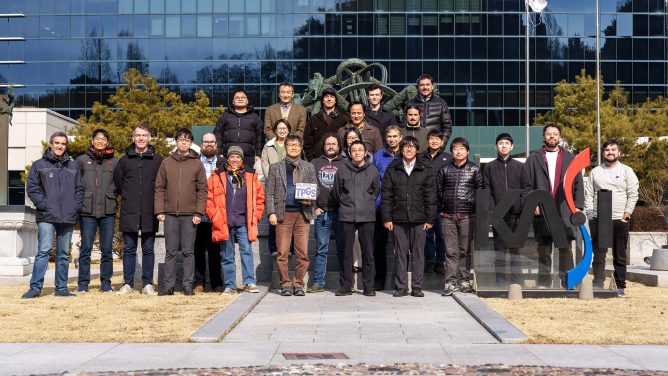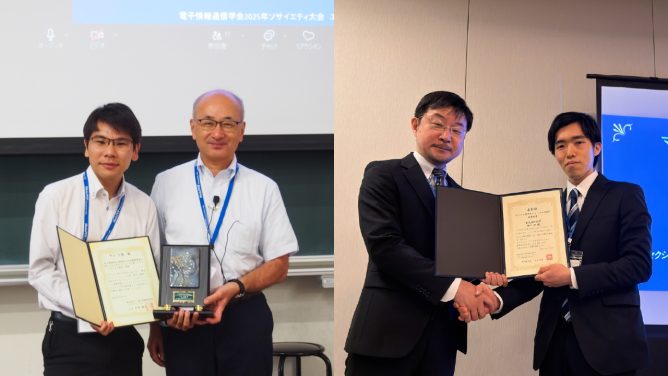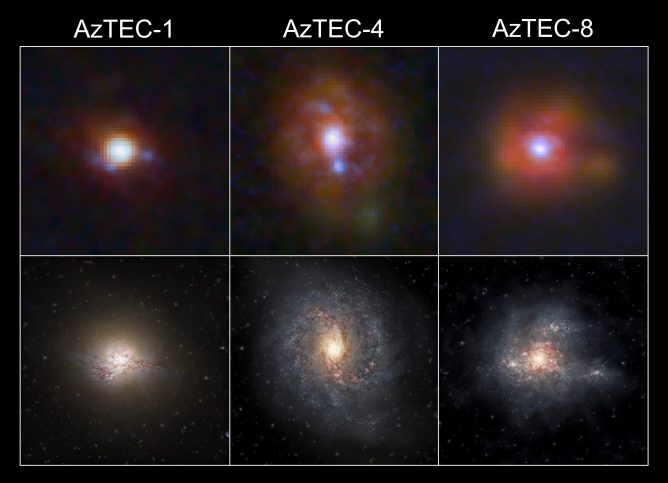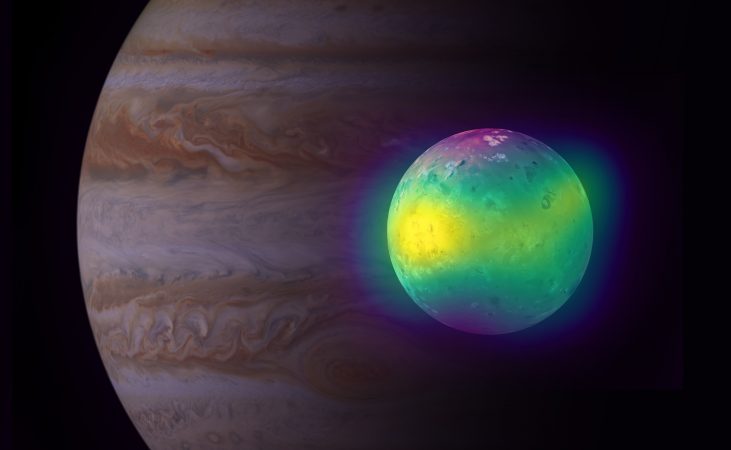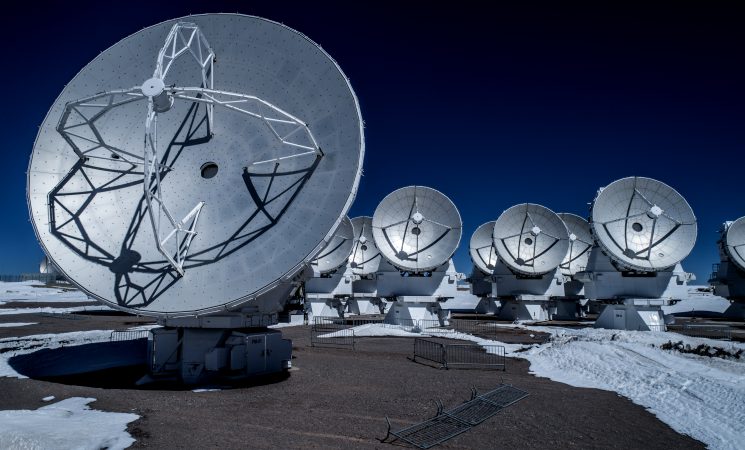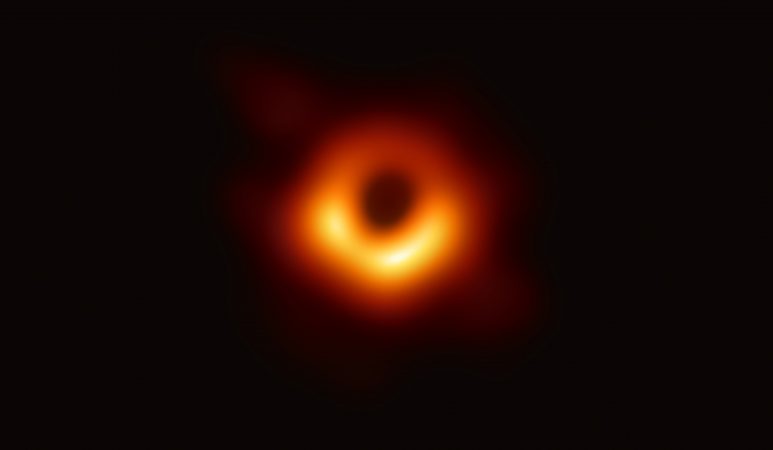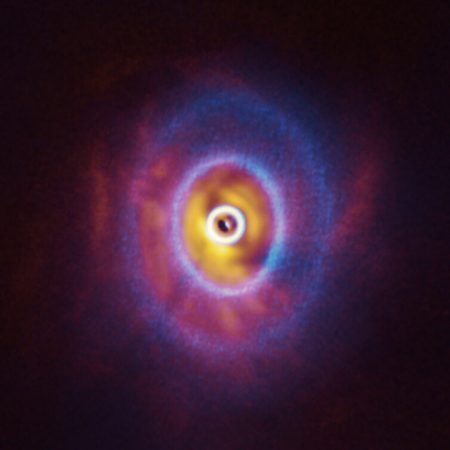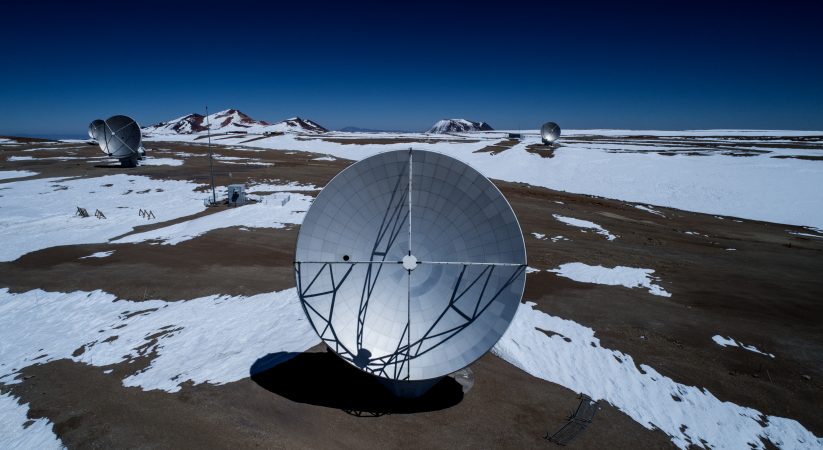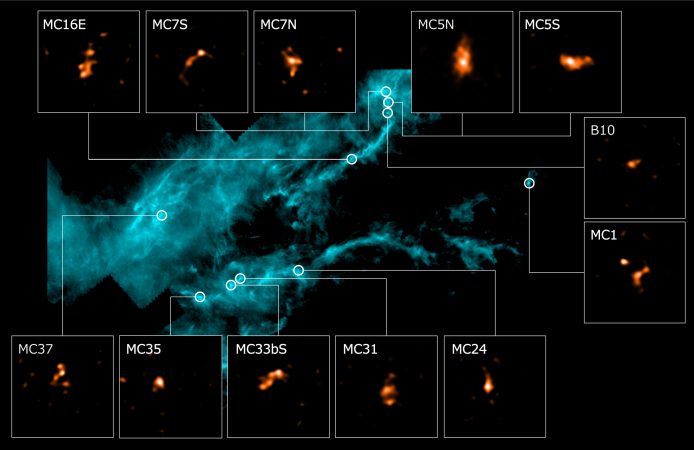ALMA’s future science goals and enhancements of the telescope capabilities necessary to achieve them have been discussed in collaboration with the domestic and international scientific communities. The outcomes are summarized in the ALMA Development Roadmap. The plan to enhance the capabilities of ALMA while continuing its science operations in line with this roadmap is called the “ALMA 2” project in Japan. Supported by the Ministry of Education, Culture, Sports, Science and Technology (MEXT) to promote large-scale academic frontiers, the ALMA 2 project has been launched in April 2023. ALMA will continue to lead the world’s astronomy with the following three major scientific goals: understanding the formation process of planetary systems on terrestrial orbital scales, understanding the elemental components for life in the birth process of planetary systems, and identifying the starting point of elemental synthesis in the Universe. We appreciate your continued understanding and support for ALMA.

Credit: ESO/B. Tafreshi (twanight.org)

